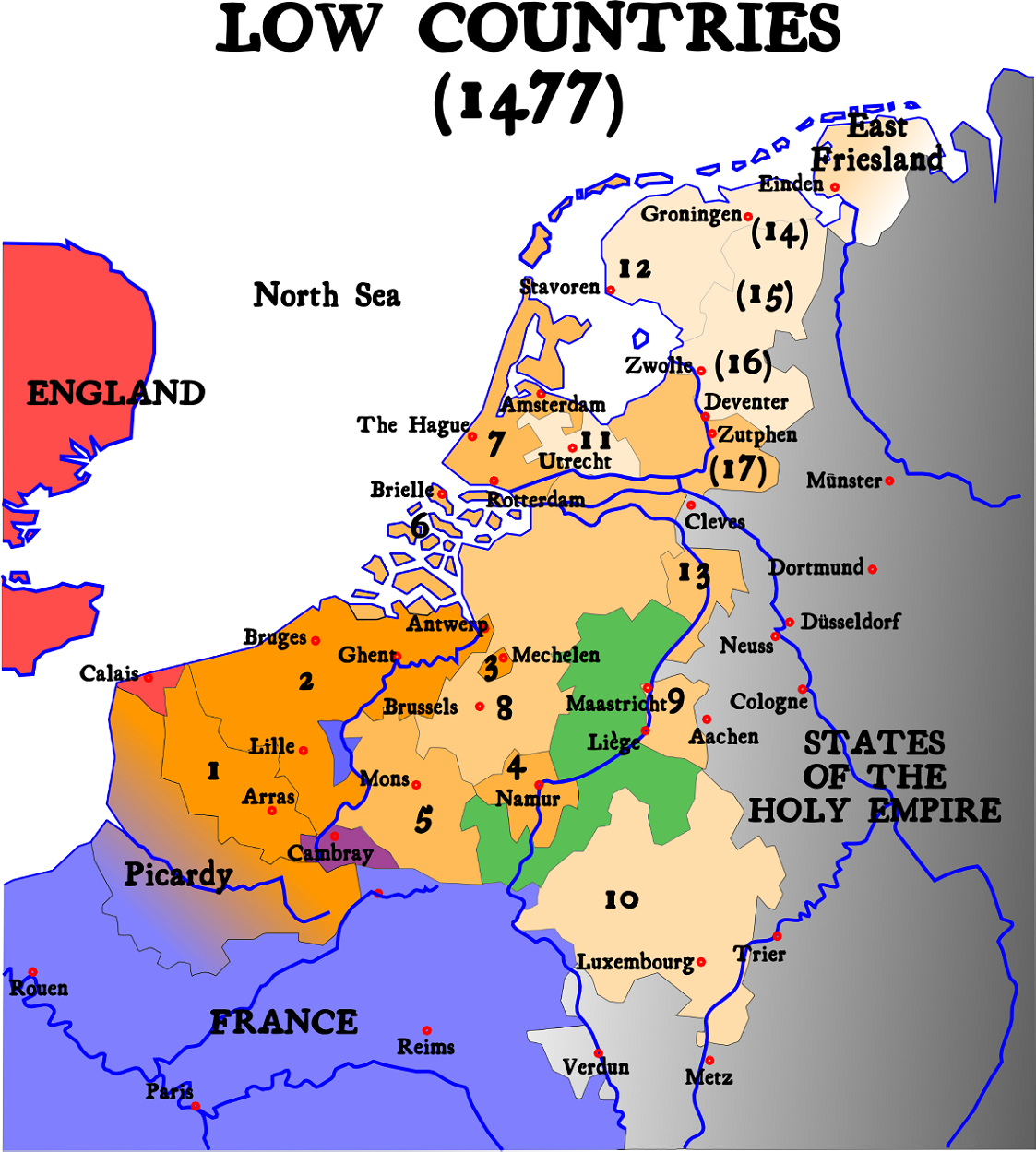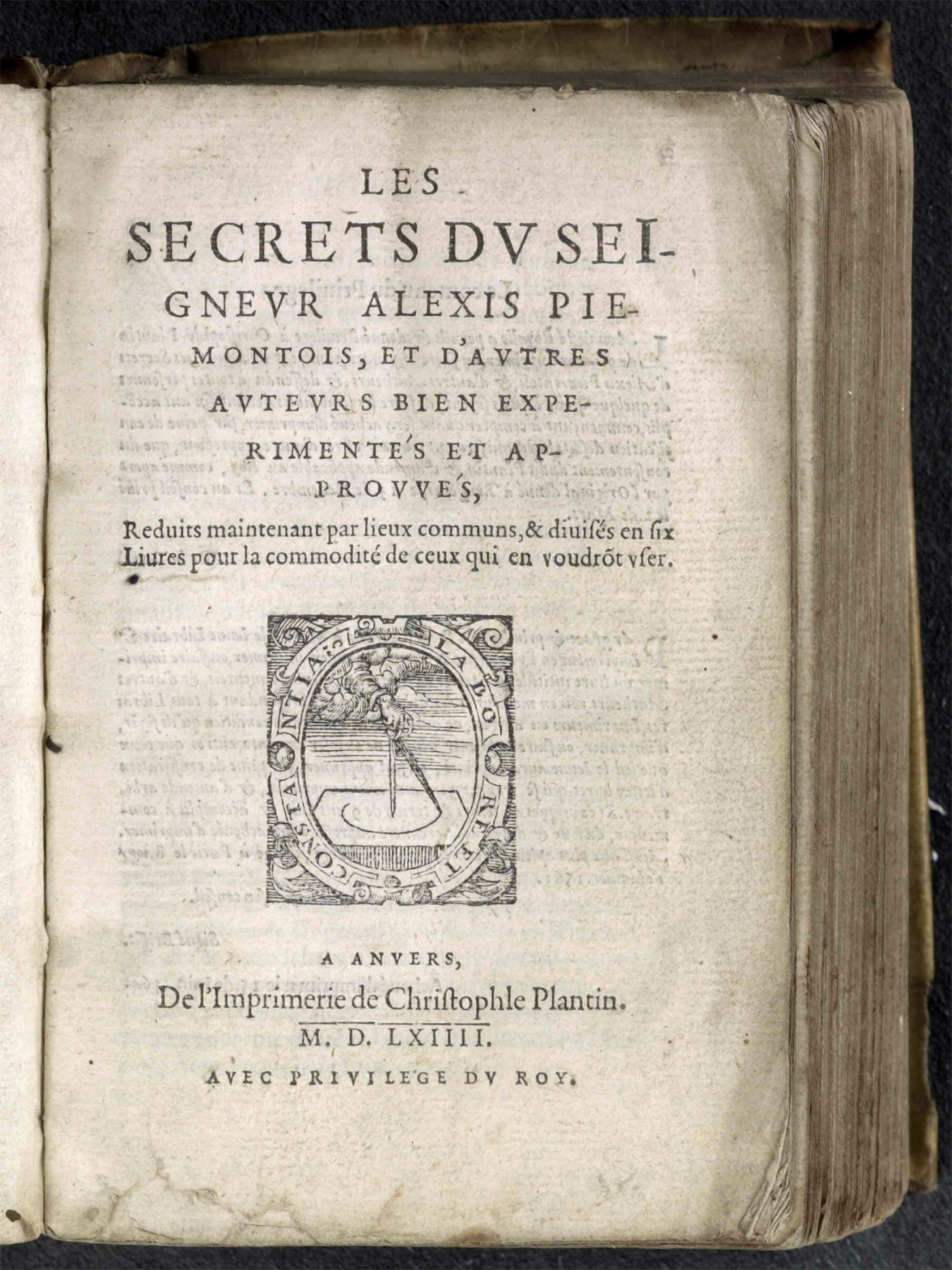|
Leuven Vulgate
The Leuven Vulgate or Hentenian Bible () is an edition of the Vulgate which was edited by Hentenius (1499–1566) and published in Leuven, Louvain in 1547. This edition was republished several times, and in 1574 a revised edition was published. The 1583 edition of the Leuven Vulgate is cited in the Oxford Vulgate New Testament, where it is designated by the ''siglum'' (H for ''Hentenian''). History Publications On 8 April 1546, at the Council of Trent, a decision was made to prepare an authorized version of the Vulgate. No direct action was taken for the next forty years, and many scholars continued to publish their own editions. Among these editions, the edition prepared by Hentenius served almost as the standard text of the Catholic Church. The first edition of Hentenius was entitled ''Biblia ad vetustissima exemplaria nunc recens castigata'' and was published by the printer in November 1547. Hentenius used 30 Vulgate manuscripts to make his edition. Hentenius' edition ... [...More Info...] [...Related Items...] OR: [Wikipedia] [Google] [Baidu] |
Habsburg Netherlands
Habsburg Netherlands was the Renaissance period fiefs in the Low Countries held by the Holy Roman Empire's House of Habsburg. The rule began in 1482, when the last House of Valois-Burgundy, Valois-Burgundy ruler of the Netherlands, Mary of Burgundy, Mary, wife of Maximilian I of Austria, died. Their grandson, Emperor Charles V, was born in the Habsburg Netherlands and made Brussels one of his capitals. Becoming known as the Seventeen Provinces in 1549, they were held by the Spanish branch of the Habsburgs from 1556, known as the Spanish Netherlands from that time on. In 1581, in the midst of the Dutch Revolt, the Seven United Provinces seceded from the rest of this territory to form the Dutch Republic. The remaining Spanish Southern Netherlands became the Austrian Netherlands in 1714, after Austrian acquisition under the Treaty of Rastatt. De facto Habsburg rule ended with the annexation by the revolutionary French First Republic in 1795. Austria, however, did not relinquish its ... [...More Info...] [...Related Items...] OR: [Wikipedia] [Google] [Baidu] |
KULeuven
KU Leuven (or Katholieke Universiteit Leuven) is a Catholic research university in the city of Leuven, Belgium. It conducts teaching, research, and services in computer science, engineering, natural sciences, theology, humanities, medicine, law, canon law, business, and social sciences. In addition to its main campus in Leuven, it has satellite campuses in Kortrijk, Antwerp, Ghent, Bruges, Ostend, Geel, Diepenbeek, Aalst, Sint-Katelijne-Waver, and in Belgium's capital Brussels. KU Leuven is the largest university in Belgium and the Low Countries. In 2017–18, more than 58,000 students were enrolled. Its primary language of instruction is Dutch, although several programs are taught in English, particularly graduate and postgraduate degrees. KU Leuven consistently ranks among the top 100 universities in the world by major ranking tables. As of 2021, it ranks 42nd in the ''Times Higher Education'' rankings, 70th according QS World University Rankings, 87th according to the Sh ... [...More Info...] [...Related Items...] OR: [Wikipedia] [Google] [Baidu] |
Editions Of The Vulgate , a list of publishers
*
{{Disambiguation ...
Edition may refer to: * Edition (book), a bibliographical term for a substantially similar set of copies * Edition (printmaking), a publishing term for a set print run * Edition (textual criticism), a particular version of a text * Edition Records, a British independent record label * "Edition", a song by Rex Orange County See also * Edition (publisher) Edition (publisher) may refer to various publishing houses: * (EAGLE), Leipzig, Germany * Edition Axel Menges * Edition Breitkopf, Leipzig, Germany * Edition Durand, France * Edition Güntersberg * Edition Harri Deutsch, imprint by Europa-Lehrm ... [...More Info...] [...Related Items...] OR: [Wikipedia] [Google] [Baidu] |
Flanders Heritage Library
Vlaamse Erfgoedbibliotheek or Flanders Heritage Library is a library consortium in the Flemish Region of Belgium bringing together six institutions with considerable holdings of manuscripts and old printed books. The network was founded in 2008, and was authorised as a heritage organisation for Flanders in 2012. Members The libraries associated in the network are: * Hendrik Conscience Heritage Library in Antwerp * Antwerp University Library * Bruges Public Library * Ghent University Library * Hasselt Limburg Library (the former provincial library for Limburg) * KU Leuven University Library Databases The consortium is involved in building and maintaining a number of databases, most importantly: * Abraham Catalogue of Belgian Newspapers, an online catalogue of historic Belgian newspapers (1830–1950), with many partner libraries across Flanders and Brussels * Flandrica.be, an online repository of material from and about the area that is now Flanders, partnering with the librar ... [...More Info...] [...Related Items...] OR: [Wikipedia] [Google] [Baidu] |
Google Books
Google Books (previously known as Google Book Search, Google Print, and by its code-name Project Ocean) is a service from Google Inc. that searches the full text of books and magazines that Google has scanned, converted to text using optical character recognition (OCR), and stored in its digital database.The basic Google book link is found at: https://books.google.com/ . The "advanced" interface allowing more specific searches is found at: https://books.google.com/advanced_book_search Books are provided either by publishers and authors through the Google Books Partner Program, or by Google's library partners through the Library Project. Additionally, Google has partnered with a number of magazine publishers to digitize their archives. The Publisher Program was first known as Google Print when it was introduced at the Frankfurt Book Fair in October 2004. The Google Books Library Project, which scans works in the collections of library partners and adds them to the digital invent ... [...More Info...] [...Related Items...] OR: [Wikipedia] [Google] [Baidu] |
Christophe Plantin
Christophe Plantin ( nl, Christoffel Plantijn; – 1 July 1589) was a French Renaissance humanist and book printer and publisher who resided and worked in Antwerp. Life Plantin was born in France, probably in Saint-Avertin, near the city of Tours, Touraine. He was not born to a wealthy family, and his mother died when Plantin was still quite young. As a youth he apprenticed as a bookbinder in Caen, Normandy, and also married there. In 1545, he and his wife, Joanna Rivière, set up shop in Paris, but after three years they chose to relocate to the booming commercial center of Antwerp, where Plantin became a free citizen and a member of the Guild of St Luke, the guild responsible for painters, sculptors, engravers and printers. The quality of his work as a bookbinder brought him into contact with nobility and wealth. By 1549, he headed one of the most well-respected publishing houses in Europe. He was responsible for printing a wide range of titles, from Cicero to religious hymn ... [...More Info...] [...Related Items...] OR: [Wikipedia] [Google] [Baidu] |
Wujek Bible
The Jakub Wujek Bible ( pl, Biblia Jakuba Wujka) was the main Polish Bible translation used in the liturgy of the Roman Catholic Church in Poland from the late 16th century till the mid-20th century. The translation was done by a Polish Jesuit, Jakub Wujek (after whom it is commonly named), with the permission of Pope Gregory XIII and the Jesuit Order. It was based on the sixto-clementine revision of the Vulgate. The first edition was completed in 1593, but the full authorized edition was ready only two years after Wujek's death, in 1599. History The full title of the Bible is: ''Biblia to iest Księgi Starego y Nowego Przymierza według Łacińskiego przekładu starego, w kościele powszechnym przyiętego, na Polski ięzyk z nowu z pilnością przełożone, z dokładaniem textu Żydowskiego y Greckiego, y z wykładem Katholickim, trudnieyszych miejsc, do obrony wiary swiętej powszechnej przeciw kacerstwóm tych czasów należących: przez D. Iakuba Wuyka z Wągrowca, Theolo ... [...More Info...] [...Related Items...] OR: [Wikipedia] [Google] [Baidu] |
Jakub Wujek
Jakub Wujek (1541 – 27 April 1597, son of Maciej Wujek) was a Polish Jesuit, religious writer, Doctor of Theology, Vice-Chancellor of the Vilnius Academy and translator of the Bible into Polish. He is well-known for his translation of the Bible into Polish: the Wujek Bible. Life He studied at the Cistercian School in Wągrowiec and continued with humanities and classical science studies in Silesia where he proved himself exceptionally talented, especially in languages. On his parents' advice he moved to Cracow from Silesia in 1558 and studied classics, where in 1559 he received a master's degree in Philosophy. He began to teach at the bishop of Cracow's, Jakub Uchański, school in Cracow. When Uchanski was made Primate he sent Wujek to the Jesuit's College in Vienna. Here Wujek completed a master's degree in Philosophy and supplemented his philosophical studies with mathematical lectures and learning Greek. In 1565 he joined the Jesuit Order in Vienna and after novitiat ... [...More Info...] [...Related Items...] OR: [Wikipedia] [Google] [Baidu] |
Nicolaus Van Winghe
Nicolaus van Winghe (–1552) was a Catholic Bible translator from the Habsburg Netherlands. Life Winghe was born to a prominent family in Leuven around 1495 and matriculated at the university there in 1511.W. Lourdaux, "Winghe, Nicolaus van", '' Nationaal Biografisch Woordenboek'', vol. 7 (Brussels, 1977), 1086-1088. In 1518 he entered Sint-Maartensdal Priory, the Leuven house of the Brethren of the Common Life, as a Master of Arts. He served as librarian, procurator, and subprior of the house. He was known for opposing the views of Erasmus, and had many friends in the Leuven Faculty of Theology, including Ruard Tapper. In 1548 he transferred to the cloister of Mishagen in Antwerp, to serve as rector and confessor, dying there on 28 December 1552. Works Winghe translated the Bible into Dutch, on the basis of the Leuven Vulgate, as well as Thomas à Kempis's ''The Imitation of Christ'' (both published 1548). At the time of his death he was working on a translation of Josephus. H ... [...More Info...] [...Related Items...] OR: [Wikipedia] [Google] [Baidu] |
Clementine Vulgate
The Sixto-Clementine Vulgate or Clementine Vulgate () is the edition wikt:promulgate, promulgated in 1592 by Pope Clement VIII of the Vulgate—a 4th-century Latin translation of the Bible that was written largely by Jerome. It was the second edition of the Vulgate to be authorised by the Catholic Church, the first being the Sixtine Vulgate. The Sixto-Clementine Vulgate was used officially in the Catholic Church until 1979, when the ''Nova Vulgata'' was promulgated by Pope John Paul II. The Sixto-Clementine Vulgate is a revision of the Sixtine Vulgate; the latter had been published two years earlier under Pope Sixtus V, Sixtus V. Nine days after the death of Sixtus V, who had issued the Sixtine Vulgate, the College of Cardinals suspended the sale of the Sixtine Vulgate and later ordered the destruction of the copies. Thereafter, two commissions under Gregory XIV were in charge of the revision of the Sixtine Vulgate. In 1592, Pope Clement VIII, Clement VIII, arguing printing er ... [...More Info...] [...Related Items...] OR: [Wikipedia] [Google] [Baidu] |
Sixtine Vulgate
The Sixtine Vulgate or Sistine Vulgate () is the edition of the Vulgate—a 4th-century Latin translation of the Bible that was written largely by Jerome—which was published in 1590, prepared by a commission on the orders of Pope Sixtus V and edited by himself. It was the first edition of the Vulgate authorised by a pope. Its official recognition was short-lived; the edition was replaced in 1592 by the Sixto-Clementine Vulgate. In 1546, the Council of Trent had decreed that the Vulgate was authoritative and authentic, and ordered that the Vugate be printed as correctly as possible. No edition of the Vulgate officially approved by the Catholic Church existed at the time. Twenty years later, work to produce an official edition of the Vulgate began: Pius V appointed a commission to produce an official edition of the Vulgate. However, his successor, Gregory XIII, did not continue the work. In 1586, Sixtus V appointed a commission to produce an official edition of the Vulgate. H ... [...More Info...] [...Related Items...] OR: [Wikipedia] [Google] [Baidu] |






